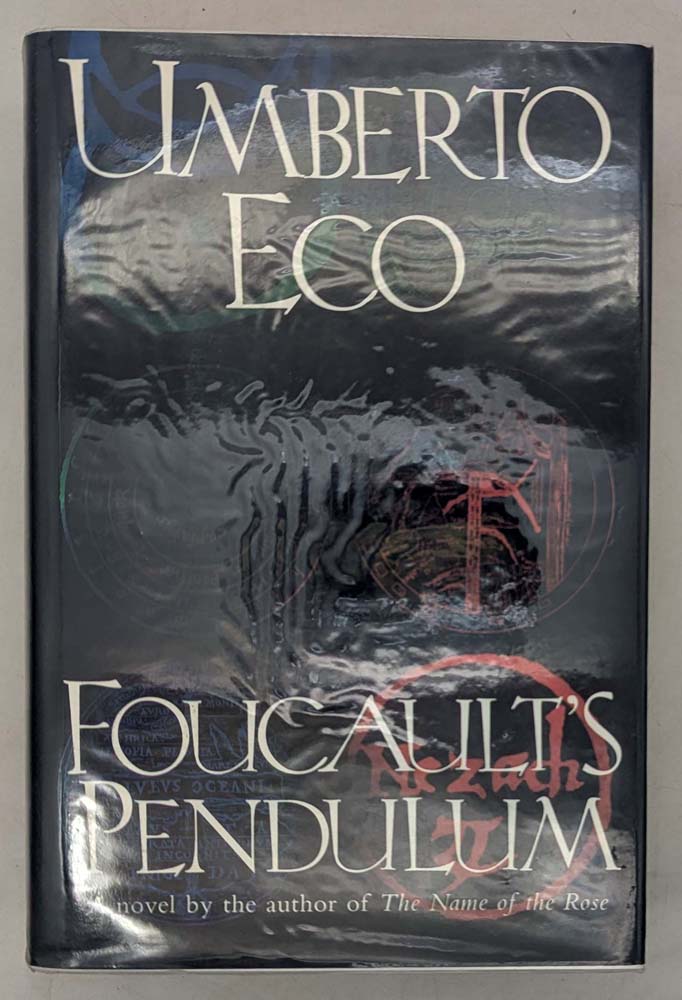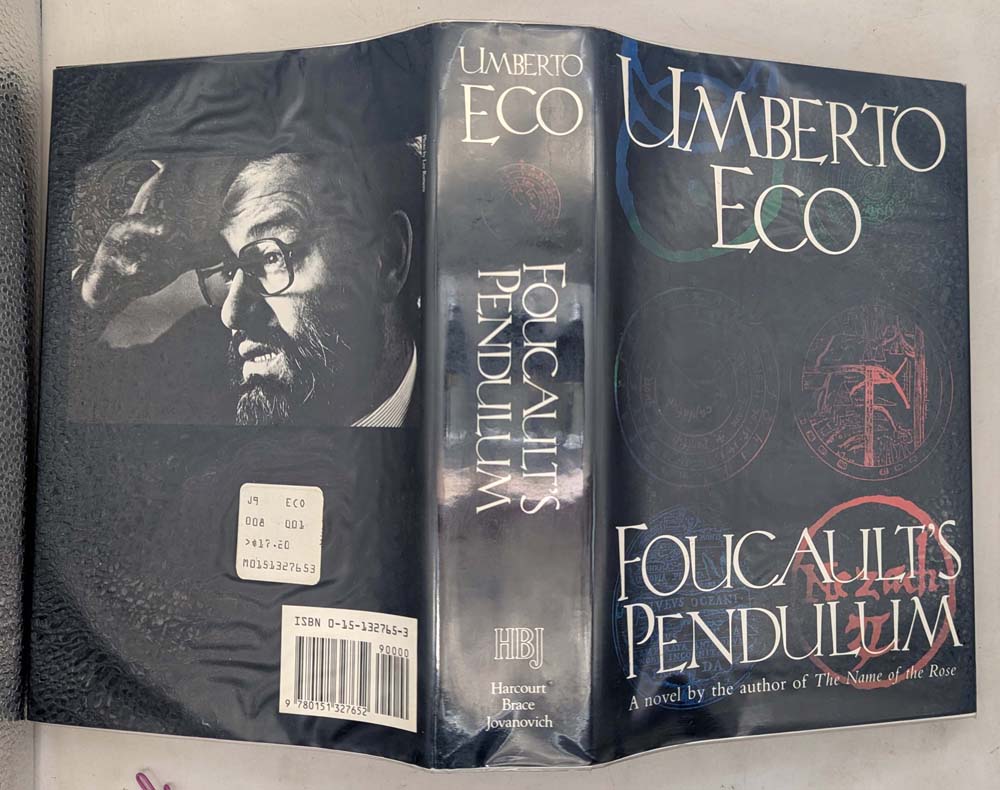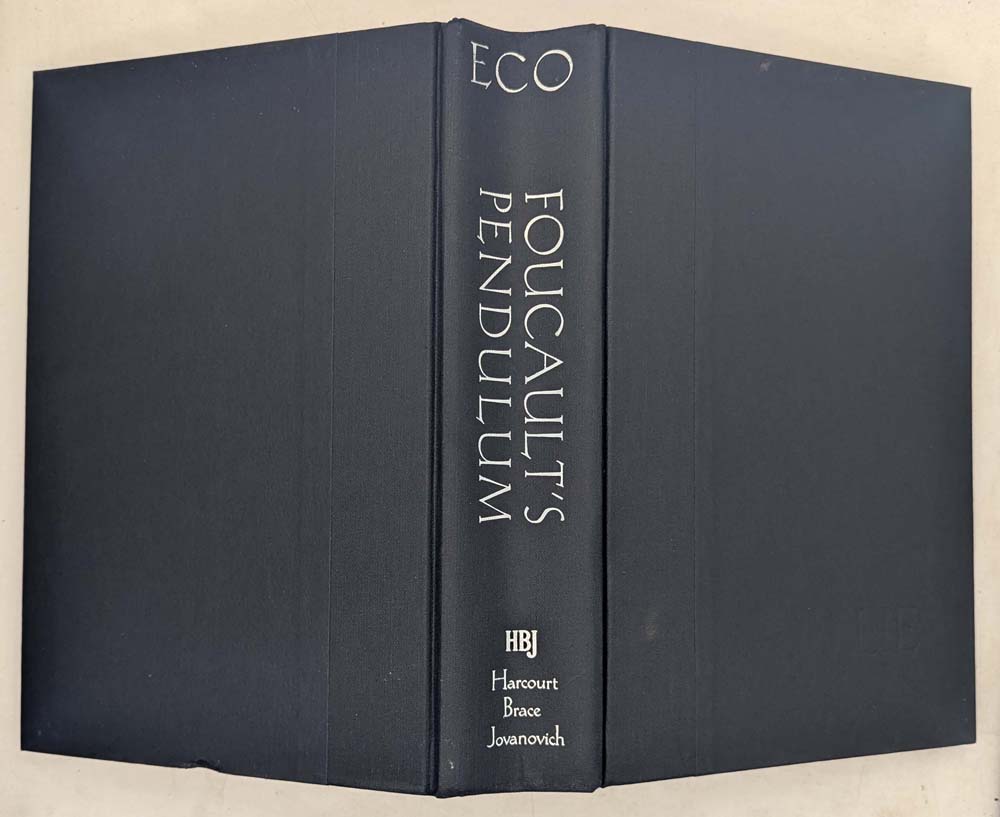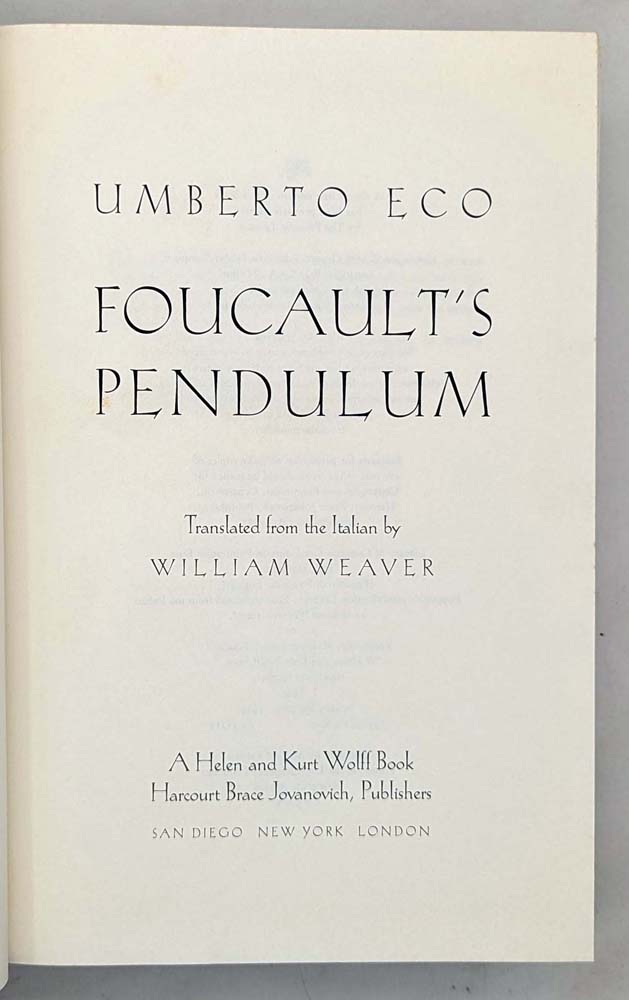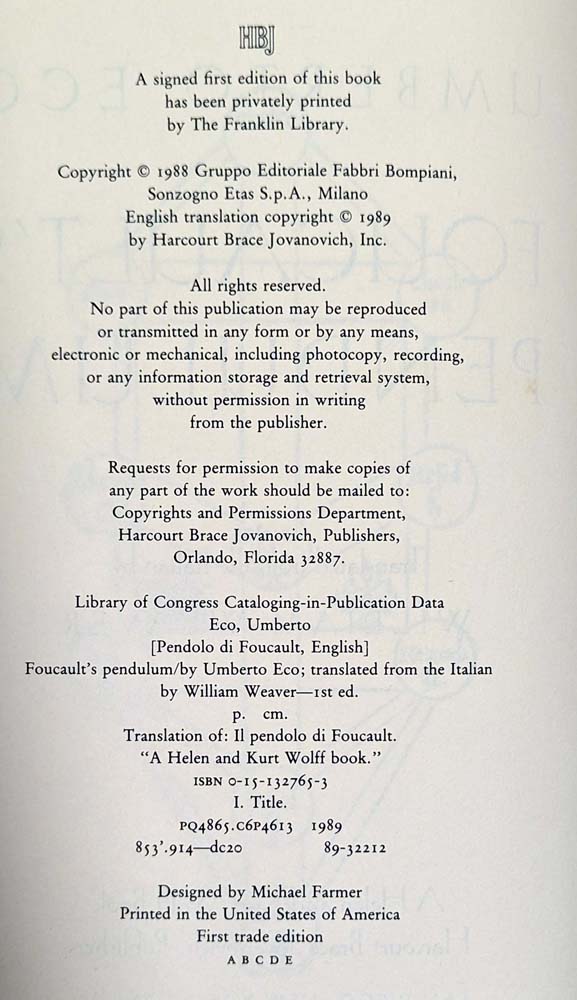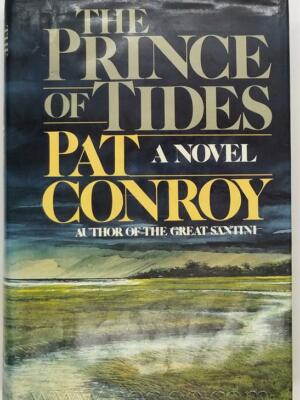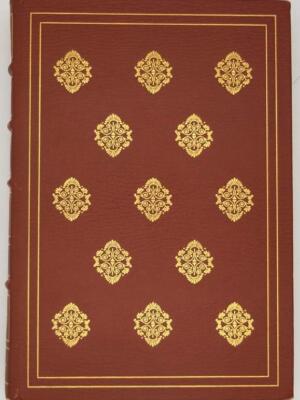Foucault’s Pendulum by Umberto Eco, first published in 1988 (English translation by William Weaver in 1989), is a dense, cerebral novel that intertwines conspiracy, mysticism, and intellectual satire. The story centers on three Milanese editors—Casaubon, Belbo, and Diotallevi—who, while working on manuscripts about the occult, begin to invent their own grand conspiracy theory. They call it “The Plan,” a sprawling web that connects the Knights Templar, Rosicrucians, Freemasons, and dozens of other esoteric traditions, suggesting they are all part of a centuries-old secret destined to culminate in hidden knowledge or power.
What begins as an intellectual joke gradually spirals into something far more dangerous, as other groups and individuals start taking their invented theory seriously. The line between fiction and reality dissolves, and the novel becomes a meditation on the human craving for meaning, the dangers of obsession, and the power of narrative. Eco, a semiotician and medieval scholar, fills the book with references to history, philosophy, alchemy, and literature, making it both a parody of and homage to the genre of the intellectual conspiracy thriller.
The title refers to the real Foucault pendulum—a scientific device that demonstrates Earth’s rotation—but in the novel, it becomes a potent symbol for the tension between scientific truth and human myth-making. Foucault’s Pendulum challenges the reader to confront the seductive allure of hidden patterns and to question the very foundations of belief and knowledge.
